Publications
Articles, publications, books, tools and multimedia features from the U.S. Institute of Peace provide the latest news, analysis, research findings, practitioner guides and reports, all related to the conflict zones and issues that are at the center of the Institute’s work to prevent and reduce violent conflict.
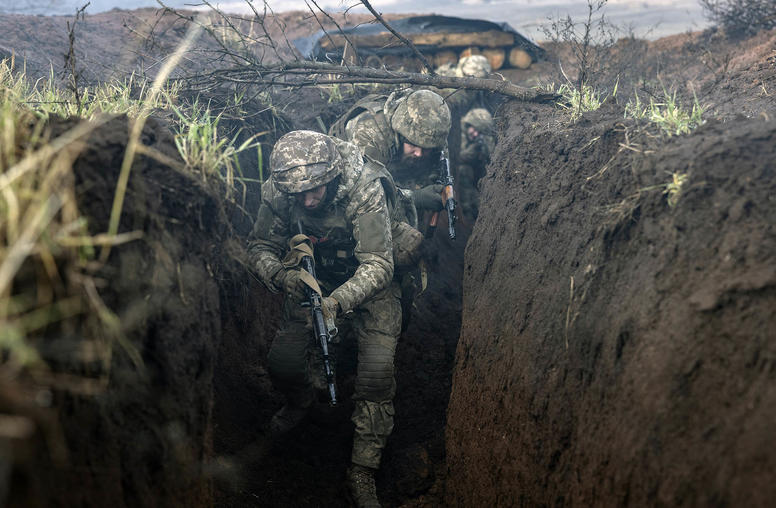
Diplomacy May Not Be As Dead As It Seems
The Ukraine war has revealed changes in warfare that may give renewed purpose and utility to diplomacy as an instrument of statecraft in the modern era.
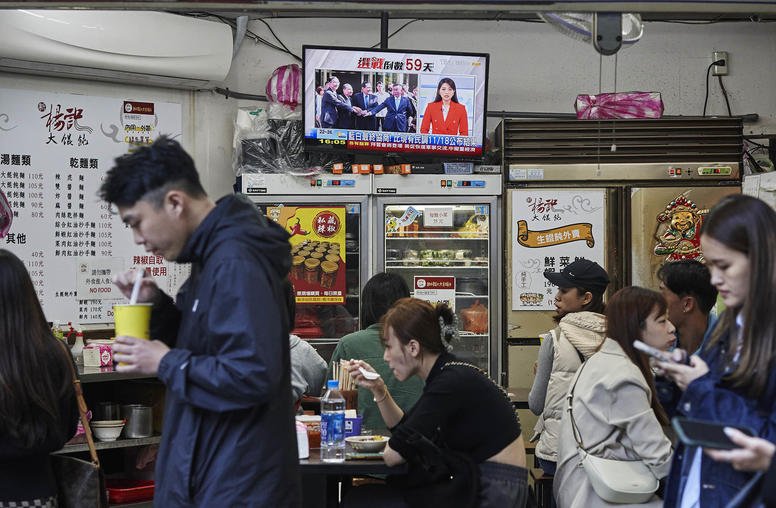
Taiwan’s Election Poses a Test for Island’s Ties with China
On January 13, Taiwanese will elect a new president in a race that is likely to have significant implications for the island’s relations with China as well as U.S.-China relations, regardless of who wins.
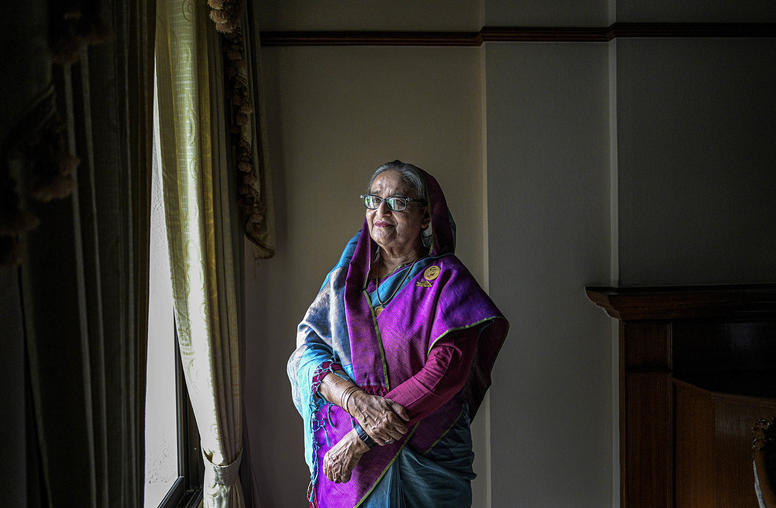
Opposition Boycott Clears Path to a Fourth Term for Hasina in Bangladesh
Bangladeshi Prime Minister Sheikh Hasina is set to win a fourth consecutive term in general elections on January 7. A boycott by the Bangladesh Nationalist Party (BNP), the South Asian nation’s main opposition party, will ensure the success of Hasina’s Awami League (AL) despite the grim economic state of the country.
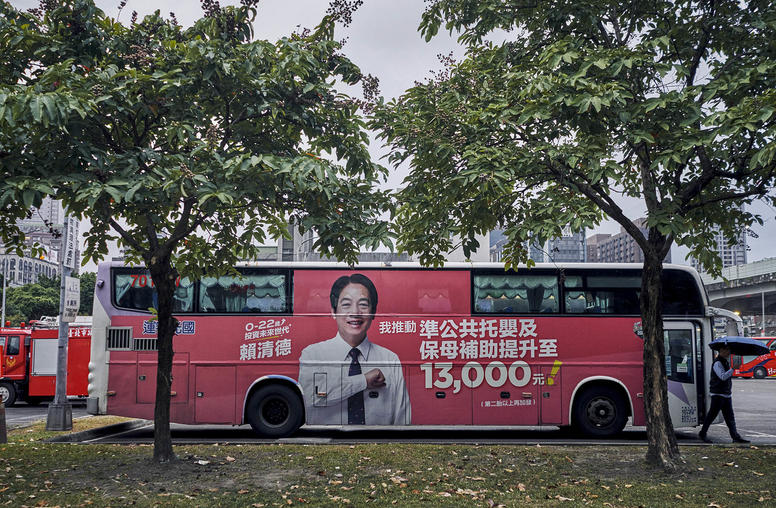
Disinformation Casts a Shadow Over Global Elections
This year will be one of the most consequential in recent memory, as more than 50 elections will take place in countries across the world covering nearly 2 billion people. With the role of technology increasing in a multitude of sectors, communications technology (i.e., social media platforms and messaging apps) and artificial intelligence (AI) are poised to have varying levels of impact on the elections in 2024. Without strong collaboration and planning between peacebuilders, civil society, technology companies and governments, the fallout from unmanaged technology use around the elections will be far reaching, from an increasing inability to discern fact from fiction to distrust in democratic political processes.
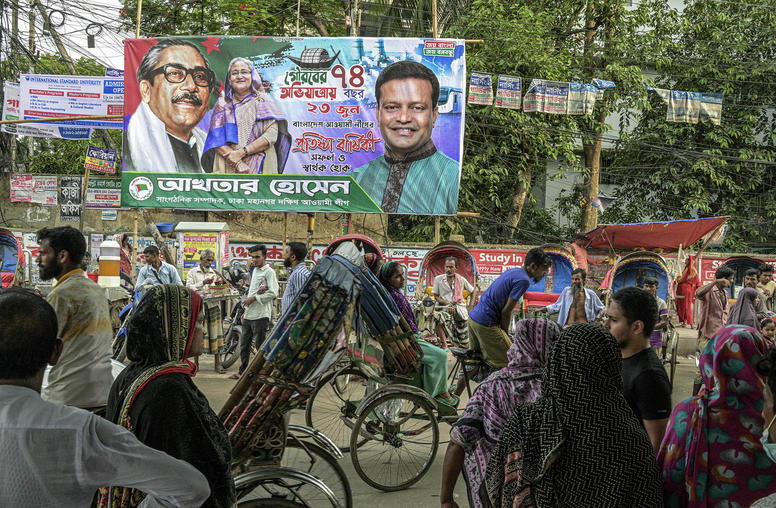
What Does Bangladesh’s Upcoming Election Mean for its Foreign Policy?
Bangladesh is getting more international attention for two very different reasons. Domestically, Bangladesh’s tumultuous political situation ahead of the January 7 parliamentary elections has elicited global scrutiny. The United States, through its rhetoric and actions, has led international actors pushing Bangladesh to improve its democratic processes and calling for dialogue to resolve the current political impasse, which has often received harsh retorts from the Awami League (AL) government. Countering Western pressure, Russia and China have condemned U.S. “meddling” while India has called the upcoming polls an “internal matter.”
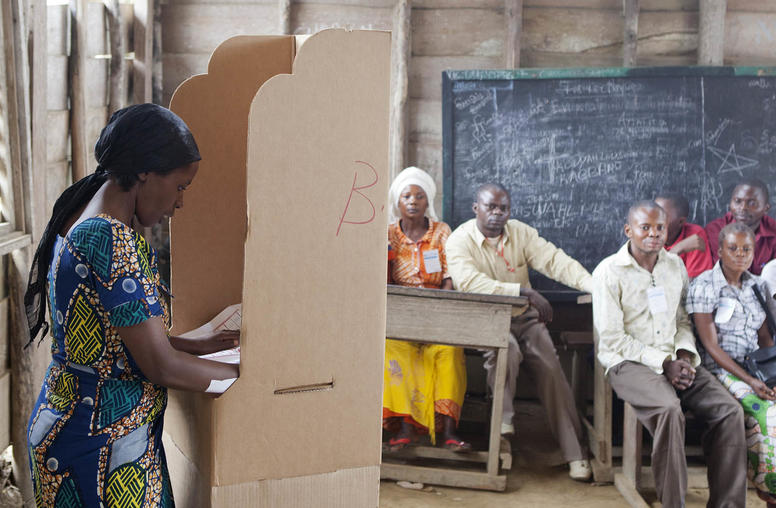
Can the DRC Hold Free and Fair Elections Amid Mass Displacement?
On December 20, the Democratic Republic of the Congo (DRC) is holding its first elections since the peaceful — but contested — transfer of power in 2019 from former President Joseph Kabila to current President Felix Tshisekedi. The elections come amid a climate of instability throughout the country, underpinned by conflict in the eastern regions, economic and social crises, and mistrust between the government and opposition. USIP’s Wapoenje Dacruz Evora and Elizabeth Murray examine the major candidates and the issues most important to voters, the risk for violence during the electoral process, and whether free and fair elections are possible given the mass displacement of civilians in the eastern DRC.
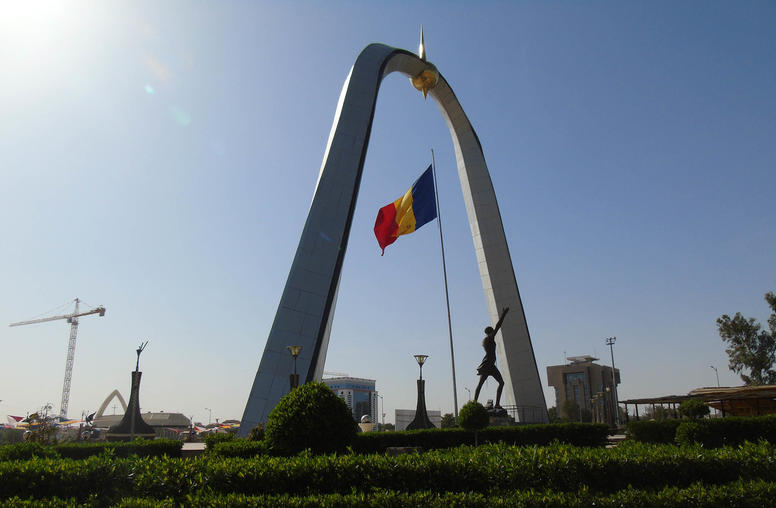
La Transition politique du Tchad à un Tournant décisif
Le 17 décembre, les Tchadiens voteront lors d'un référendum visant à approuver une nouvelle constitution pour le pays, près de trois ans après le début d'un processus de transition politique prolongé, parfois agité. On s’attend à ce que le référendum constitutionnel ouvre la voie à la candidature du Président Mahamat Déby aux élections présidentielles de 2024, après avoir dirigé le pays depuis 2021, et un ajustement du système de gouvernance tchadien vers un État unitaire non-fédéral, avec en théorie une décentralisation et autonomie territoriale plus accrue.

Chad’s Political Transition at an Inflection Point
On December 17, Chadians will vote in a referendum to approve a new constitution for the country nearly three years into a protracted, at times turbulent political transition process. The constitutional referendum is expected to pave the way for President Mahamat Déby to run for president in the 2024 national elections after leading the country since 2021, and adjust Chad’s system of governance to be a unitary, non-federal state with increased decentralization and territorial autonomy.

Iraq’s Provincial Council Elections: The Way Forward in Nineveh Province
On December 18, Iraqis will elect members of the provincial councils, the highest oversight bodies of subnational government and key providers of public services. The elections are the first at the provincial level in over a decade and come in the wake of the 2019 anti-government protests that resulted in the dissolution of the provincial councils following demands from the protesters who accused them of corruption. Recent findings from the U.S. Institute of Peace’s Conflict and Stabilization Monitoring Framework in Nineveh Province reveal that candidates are facing a distrustful electorate that is lacking confidence in state institutions.
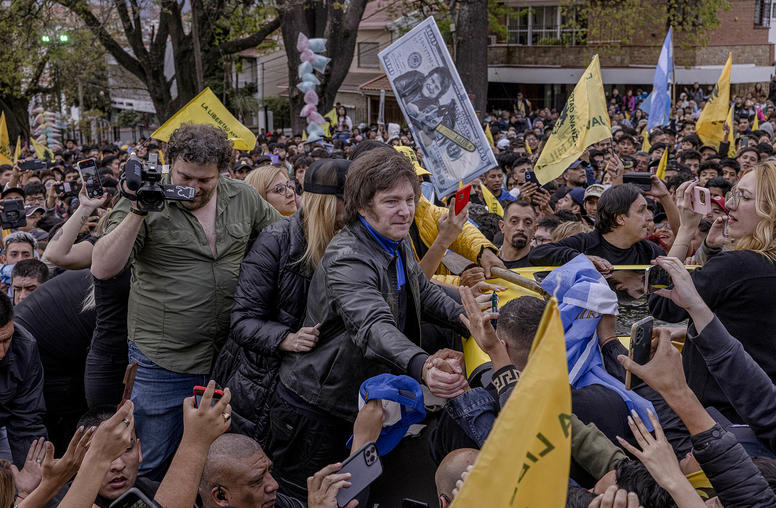
With Milei’s Election, Argentina Heads into Uncharted Territory
In the 1976 Academy Award-winning film “Network,” a disgruntled television personality convinces his audience to shout “I’m as mad as hell and I’m not going to take this anymore.” Javier Milei, now president-elect of Argentina, has convinced his country’s voters to do the same thing, only at the ballot box, rather than in the studio. The good news for Milei is that he has won the election. The bad news for him is that he now has to govern and make good his pledge to replace Argentina’s “model of decadence” — this in a nation, which, with ups and downs, has been in long-term decline for almost a century.